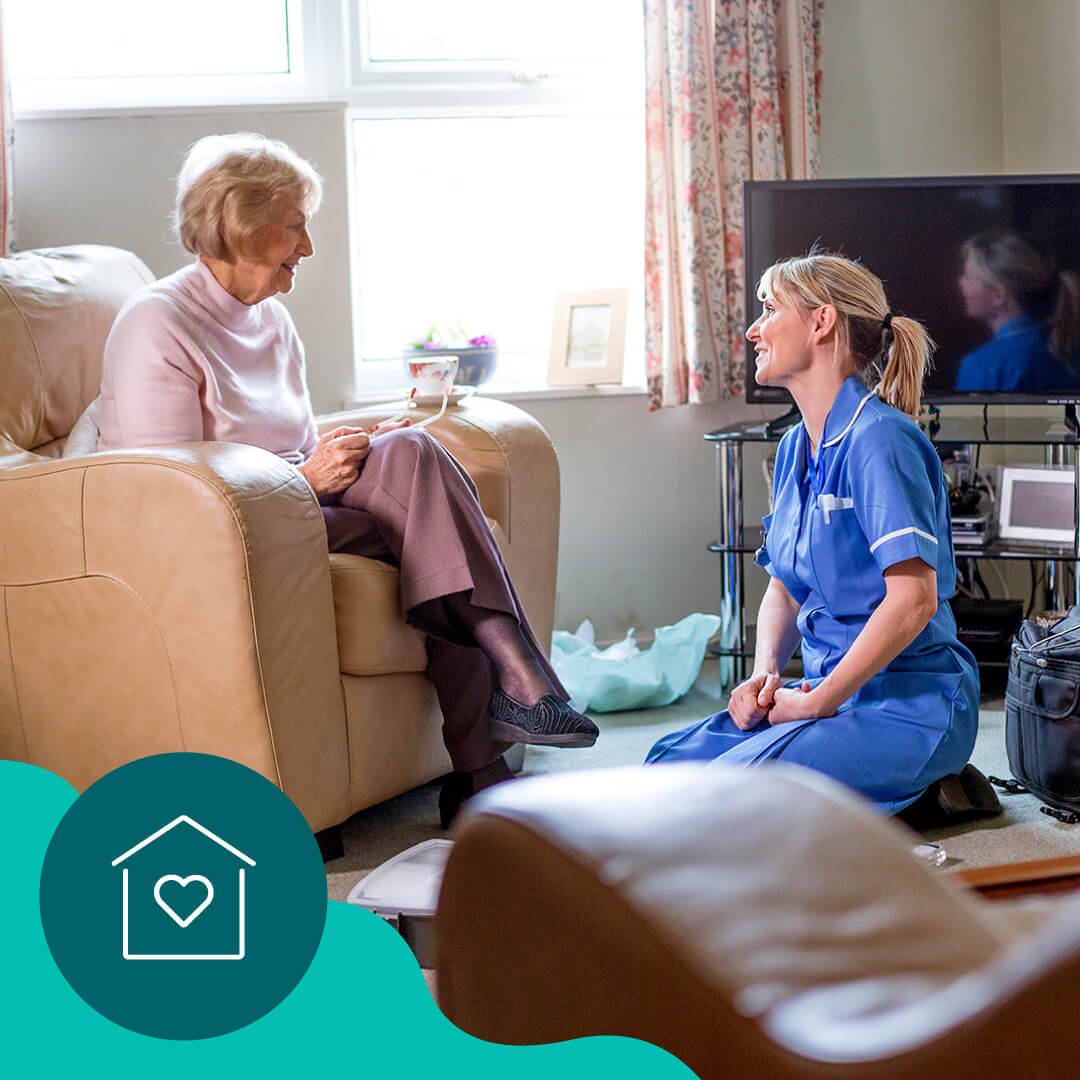Demand for receiving care at home has continued to increase, naturally due to an ageing population and rising prevalence of disabilities among the adult population within the UK.
There are over 950,000 people receiving domiciliary care in the UK.
To meet this need, the number of new registrations with the Care Quality Commission (CQC) for home care services in England has increased. In the first quarter of 2023, 427 new providers registered with the CQC, compared to 325 new providers in the first quarter of 2022, a 32% increase. In 2022, there were 1,272 new providers registered, compared to 1,005 in 2021. Currently, there are approximately 9,415 providers currently registered with the CQC, with some providers having multiple locations.
With more providers on the market, business success will depend on providing quality care to clients, nurturing carer satisfaction and connecting the circle of care between providers, carers, those receiving care and their loved ones. Technology can help support these objectives through improving communication, operational efficiency and enabling carers to have more time to care by giving them the right support.
What increased demand means for agencies (providers) and carers
Home care services are in high demand in the UK, with an ageing population and an increasing number of individuals with long-term conditions or disabilities who require assistance with daily living activities. The increased demand for home care services has also led to an increase in competition among providers, which means that agencies need to be strategic in their approach to recruitment, retention, and service delivery.
Agencies are now tasked with finding innovative ways to attract and retain qualified carers in a highly competitive marketplace. Offering attractive compensation packages, providing ongoing training and development opportunities, and fostering a supportive work environment are just a few strategies agencies can employ to secure top talent. By investing in their workforce, agencies can enhance job satisfaction and create a dedicated team of carers who are passionate about providing high-quality care to clients.
In addition to this, agencies must adapt their service delivery models to meet the evolving needs of clients and stay ahead of the competition. Embracing technology and implementing efficient scheduling systems can optimise the allocation of carers, ensuring that clients receive timely and consistent care. Additionally, agencies can explore innovative solutions such as telehealth and remote monitoring to enhance the quality of care while reducing the need for in-person visits.
Collaboration and partnerships with other healthcare providers and community organisations are also crucial for agencies to meet the rising demand for home care services. By forging strong relationships with hospitals, primary care providers, and social service agencies, agencies can streamline care coordination, improve communication channels, and facilitate a holistic approach to clients’ well-being.
Meeting CQC regulations
With the home care industry growing rapidly, the CQC’s role has become increasingly important in ensuring that providers are meeting these standards and providing high-quality care. This has a significant impact on agencies and carers, who must work to meet the CQC’s requirements and provide evidence of compliance. Providers who fail to meet these standards may face sanctions or even closure, which can have serious consequences for both clients and carers.
For agencies and carers, meeting CQC regulations means understanding and adhering to the standards for care provision, as well as providing evidence of compliance through audits and inspections. This can be a time-consuming process that requires ongoing attention to detail and a commitment to continuous improvement.
Despite the challenges, meeting CQC regulations is critical for agencies and carers who are committed to providing high-quality care to clients. By focusing on compliance and working closely with the CQC, providers can build a reputation for excellence and attract new clients who value the peace of mind that comes with knowing their care is being provided by a reliable and trustworthy agency.
The role of technology
The role of technology in meeting the surging demand for home care services is crucial, as it has the potential to transform the sector by connecting the care circle and boosting carer satisfaction. By leveraging technology, agencies can facilitate new ways of connecting care workers, clients, and families, while significantly improving the quality of care provided.
One significant benefit of technology is its ability to connect the care circle. Digital care planning systems, for example, provide real-time updates on care plans, medication schedules, and client needs. This allows for seamless communication and coordination among care workers, clients, and their families. By having access to accurate and up-to-date information, care providers can collaborate effectively, ensuring that clients receive consistent and personalised care. This connected approach not only enhances the overall care experience but also strengthens the relationships between care workers, clients, and their families.
Technology also plays a vital role in boosting carer satisfaction, our survey revealed that 91% of homecare software users feel technology has reduced time spent on paperwork. Mobile apps and online platforms offer carers access to training, support, and resources at their fingertips. These platforms can also facilitate connections with other carers who are facing similar challenges. By fostering a supportive community, technology helps alleviate the feelings of isolation often experienced by carers and provides them with valuable peer support. Additionally, these platforms can offer opportunities for professional development, allowing carers to expand their skills and knowledge base. By prioritising carer well-being and professional growth, agencies can enhance carer satisfaction, leading to increased job satisfaction and retention rates.
Technology-enabled solutions such as remote monitoring play a significant role in the care circle. Remote monitoring allows care providers to track vital signs, observe client behaviour, and detect potential health issues early on. Health-tech services enable virtual consultations and remote care, reducing the need for physical visits and providing timely interventions when necessary. These advancements not only improve client outcomes but also support carers by providing them with additional tools and resources to deliver effective care. By integrating technology into the care circle, agencies can optimise care delivery and ensure a more comprehensive and connected approach.



